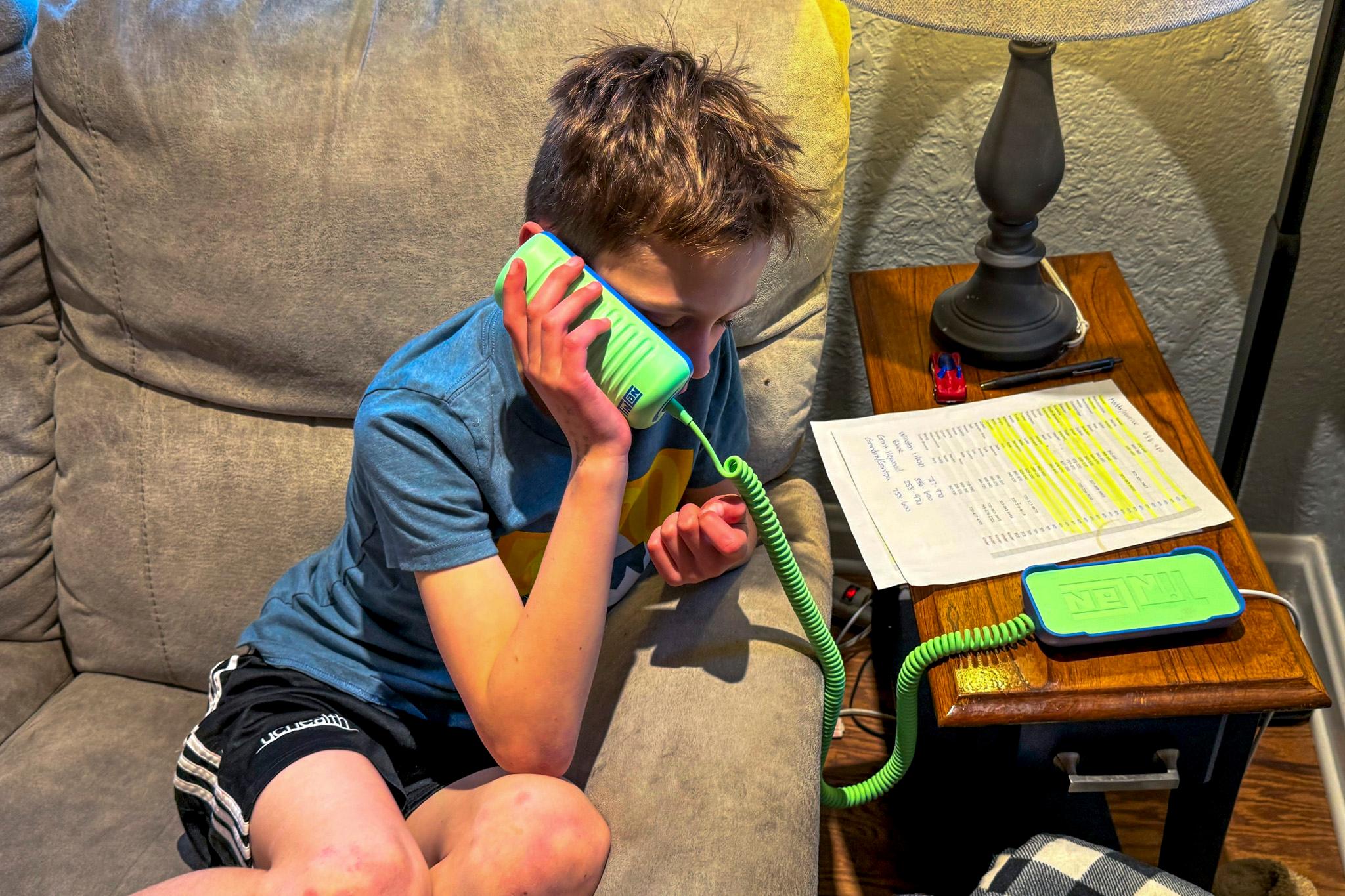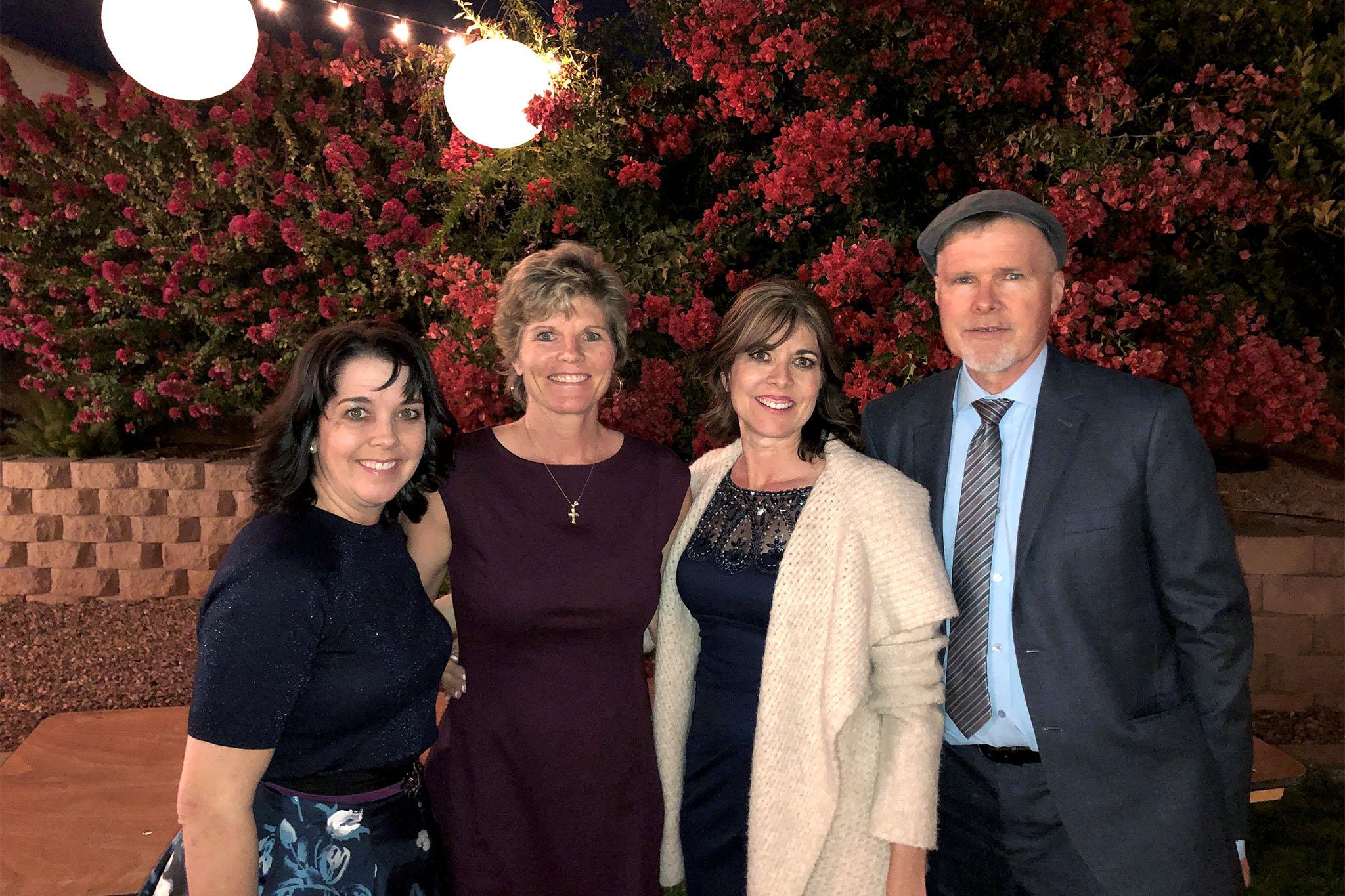
The battle to change Colorado’s tough taxing and spending limit, known as the Taxpayer’s Bill of Rights, is back on.
In the next couple of years, voters could be asked to consider two separate moves to reform TABOR. But Gov. Jared Polis on Monday rejected one outright and offered only a lukewarm endorsement of the second.
Instead Polis, like governors before him, called for a more comprehensive fix that would include TABOR and two other constitutional amendments that hold sway over the state’s finances.
The Colorado Supreme Court cleared the way Monday for a measure that would entirely repeal TABOR. It would do away with a formula that limits the amount of money the state can collect and spend, as well as a provision that requires voters to approve new tax increases.
Supporters of the repeal say they may take it to the polls in 2020. Polis told Colorado Matters he opposes the plan because he believes voters should be allowed to decide on tax hikes.
He was less definitive about a measure that the legislature has placed on the 2019 November ballot. It would take a smaller step to allow the state to keep refunds it’s now required to give taxpayers if revenues are higher than the TABOR formula allows.
Polis said he supports the concept because it could provide additional money when the economy is good. But when economic times are bad, there won’t be surplus money, so the reform wouldn’t help.
The Full Story Behind TABOR: Read/Listen To The Taxman Podcast
Instead, Polis is working with a committee of business and community leaders on a possible fix to what’s been called Colorado’s Gordian Knot, a trio of constitutional provisions that includes TABOR, the Gallagher amendment that governs property taxes and Amendment 23, which earmarks money for schools. Both of Polis’ predecessors, fellow Democrats Bill Ritter and John Hickenlooper argued for similar reforms. Neither ever presented a formal proposal.
In his regular interview with Colorado Matters, Polis also talked about the possibility of an economic downturn and a thriving black market for marijuana.
Interview Highlights
On the outright repeal of TABOR:
“I strongly support the right of voters to be able to vote on tax increases. The problem you get into with TABOR is it also has very complex formulas that effectively don’t allow the state to be able to invest with receipts that it gets. So separating that from being able to vote on your taxes, which is a good thing … what we need to be able to do is either change or roll back some of those formulas.”
On Proposition CC, to let the state keep TABOR refunds:
“I’m supportive of the concept. I appreciate the leadership that many of the leaders of the legislature showed on this. In terms of good governance, clearly I’ve run a business before and when you make a profit you’re able to reinvest that in your growth because you need to be competitive … (But) I don’t think anybody’s arguing that somehow CC solves everything. It is a step that would allow the state to retain TABOR surpluses in years where they have one. Now, keep in mind, I think it’s seven out of the last nine years we didn’t have one so it wouldn’t have meant anything in those years.”
On a bigger financial fix to Colorado's tax policy:
“We’ve convened a fiscal working group led by (former state treasurer) Cary Kennedy, who’s joined us as a special adviser for fiscal reform … really working with the business community, the education community, people who care about roads and transportation ... we’re committed to working with people to find these solutions. You know, many of them would ultimately need to be passed by the voters.”
On a potential economic downturn:
“We have not seen any indication yet of a strong downturn, there’s a slowing in growth. Obviously, I worry a lot about the economic impact of tariffs and trade wars …. We have a strong fiscal state here in Colorado — like everybody in the country, of course, we’d have to tighten our belts and just as families would be making sacrifices the state also would in a recession.”
On the black market in marijuana:
“We should be terribly concerned not only because of the public health impact, not only because these are criminals and cartels involved but also because it undermines legitimate Colorado businesses … This is a big priority for us.”
Read The Full Transcript
Ryan Warner: This is Colorado Matters from CPR news. I'm Ryan Warner. Colorado has arguably the country's strictest limit on taxing and spending, TABOR, the Taxpayer's Bill of Rights. It's in Colorado's constitution and on Monday the State Supreme Court ruled it is possible to get rid of TABOR with just one question to voters. Organizers are eyeing this for 2020. We wanted the governor's take and so in our regular conversation at the Capitol, I asked Democrat Jared Polis, should TABOR be undone? Jared Polis: Well, I strongly support the right of voters to be able to vote on tax increases. The problem is that you get into a TABOR is it also has very complex formulas that effectively don't allow the state to be able to invest with receipts that it gets, so separating that from being able to vote on your taxes, which is a good thing. We do that in municipal level, county level, state level, and what we need to do is either change or roll back some of those formulas that are in TABOR. RW: Do I hear that any measure that entirely undoes TABOR, including the mandate to vote on taxes would not have your support? JP: Obviously I always like to wait to see what's actually on the ballot till I take a position, but obviously I'd be skeptical of anything that took power away from the people. I support the ability of the people to vote. RW: What you're talking about there. The sort of complicated elements of TABOR speaks to something that I've heard previous governors refer to as the Gordian knot. Having your foot on the brake and the accelerator at the same time and that is that there are other measures in the state constitution along with TABOR, Amendment 23 which governs education spending, Gallagher, which has to do with property taxes that all of these results in some very complicated budgeting and some inflexibility. JP: Well absolutely. We've convened a fiscal working group led by Cary Kennedy who has joined us as a special advisor for fiscal reform- RW: Former treasurer. JP: Former treasurer, really working with the business community, the education community, people who care about roads and transportation to help, and again, there's not one answer to this. I mean, for instance, when you look at something like roads, what's generally called for if you need bonding, is some form of dedicated revenue source. The voters recently ruled out sales tax as that. They also didn't want a bond without new revenue, so we're committed to working with folks to find these solutions, you know, many of them would ultimately need to be passed by the voters. RW: All right. There is an entirely different proposal that the legislature has brought to the ballot this year asking voters if under TABOR the state can keep any future refunds to taxpayers and then use that money for transportation and education. I want to know if you'll campaign to end TABOR refunds. This is called Prop CC and it's on the ballot. JP: Well, I'm generally supportive of the concept. I appreciate the leadership that many members of the legislature showed on this in terms of governance. Clearly if I run a business before and when you make a profit, you're able to reinvest that in your growth because you need to be competitive, so again, I really want to work with the broad bipartisan group to figure out if this is the best way to reform TABOR in this case. RW: Well, last week a group of prominent Coloradans, including a former governor and a former U.S. senator announced their opposition to CC among other things. They say there aren't enough specifics about how the money would be spent. It sounds like the broad bipartisan coalition that you seek is in question here. Do you agree? JP: Well, I'd be very open to engaging all of those folks in a discussion about what we need to do to either reform TABOR or utilize the surplus. I think they absolutely should be part of the discussion. RW: But it doesn't sound like you'll go to the mat for CC. JP: Well, again, I think that there's... it's a systemic fix. It doesn't mean that there's revenue every year. It's not the same as a dedicated funding source, for instance, that would fund preschool. It doesn't yet contain a tax cut, which is a big part of my agenda, is to reduce a permanent reduction of the income tax rate. Again, if there's a way to get it done in a way that cuts taxes or funds preschool, that's something that would excite me. RW: Yeah. It sounds like you think it's a Band-Aid to a larger problem. JP: Well, I don't think anybody's arguing that somehow [inaudible 00:04:17] CC solves everything, to be clear. It is a step that would allow the state to retain TABOR surpluses in years where they have one, now, keep in mind, I think seven of the last nine years we didn't have one- RW: Yeah right, exactly. JP: ...so it wouldn't have meant anything in those years. Again, from a good governance perspective, does it make sense? It probably does. I don't think there's anybody, Republican, independent Democrat that says this is the entire solution right here. RW: Right. Given the fact that there have not really been refunds of late, this is not expected to make a huge dent, for instance, in the $9 billion backlog in transportation [crosstalk 00:04:52]. JP: What did we do is, in strong economic years, it would allow the state to invest in keeping up with growth, meaning reducing traffic, investing in our schools. Now in downturns, there's no revenue there, so it doesn't mean that that revenue is predictable, but again, in strong economic times, that's one of the many challenges our states face is that, when we have strong economic times we under invest, so would make sense is we should have a mechanism to keep up with growth. RW: Speaking of a potential downturn, economists predict that Colorado's growth will slow over the next couple of years and nationally some experts expect to have full blown recession. Is that something you're braced for? JP: We have not seen any indication yet of a strong downturn. There's a slowing in growth that's occurring. Obviously I worry about a lot about the economic impact of tariffs and trade wars, but again, we also know that historically the economy goes in cycles. I'm sure at some point your prediction will be correct. Whether that's in one year, in three years, or in five years, I think it's fair to say there will be a recession. We never have had a period of unabashed economic growth for decade upon decade. RW: Does the state have the reserves to weather something like that. JP: The legislature did set aside a strong amount of reserves over 7 percent. We had suggested a little bit more. There was also recently money deposited in the state education fund, which is a rainy day fund for education. RW: You think the state is in a generally strong position? JP: You know, when compared to other states we're in a strong fiscal condition. I look at my... friend of mine who I knew him for 20 years, was recently elected governor of Illinois, J. B. Pritzker and they're in a terrible fiscal shape in Illinois. The state is practically bankrupt in part due to their pension system and other unfunded liabilities. We have a strong fiscal state here in Colorado. Doesn't mean that like everybody in the country, of course, we'd have to tighten our belts and just as families would be making sacrifices, the state also would in a recession, but I think in overall we have very strong financial health in our state. JP: We heard a pretty vivid description of the marijuana black market in Colorado. It came from U.S.attorney here, Jason Dunn, after a recent bust, he described what may be a network of homes where illegal grows were taking place. Let's listen. Jason Dunn: We executed search warrants on approximately 250 homes that were being used to grow four, 500 all the way up to a thousand plants in the basement in most cases nobody living there. RW: These were homes where in Colorado? Jason Dunn: All over from Colorado Springs Pueblo all the way up to Greeley, but primarily concentrated in the metro area, and these are not homes that are run-down abandoned homes. The average value of the homes that we actually filed forfeiture actions on was about $400,000. The lawns are maintained. They don't look like drug houses, but they are. RW: A single home, Dunn told us might generate millions of dollars in marijuana a year and much of that product he says is being sold out of state. How concerned are you about the black market? JP: Well, I think we should be even more concerned about the black market than we were because we also have a legitimate business in Colorado. Just as we would be concerned about Moonshine undermining our legal breweries or illegally produced beer, we should be terribly concerned not only of course for the public health impact, not only because these are criminals and cartels involved, but also because it undermines legitimate Colorado businesses. RW: There were some steps taken to fight the black market under your predecessor, Gov. Hickenlooper. How does your administration see moving forward on this? JP: This is a real priority for us, so we need to do a better job in our state working with local law enforcement as well as the state, as well as the attorney general on making sure that we can drive out illegal drug production in Colorado. RW: Is it your fear that the illegal trade may bring the federal government cracking down on Colorado and thus putting the legal, at least by state law, industry at risk? Is that what I hear you saying? JP: Well, that might be a concern of the industry. I think what we have in Colorado is we look forward to cooperating with the federal government to drive out illegal marijuana production in Colorado because illegal marijuana production not only is a danger to people, but it also undermines our legitimate businesses that are well-regulated, just as the Colorado voters chose to regulate marijuana like alcohol, so we of course have full cooperation with federal authorities with regard to investigating and prosecuting illegal marijuana production. RW: Thank you, governor. JP: Thank you. |









